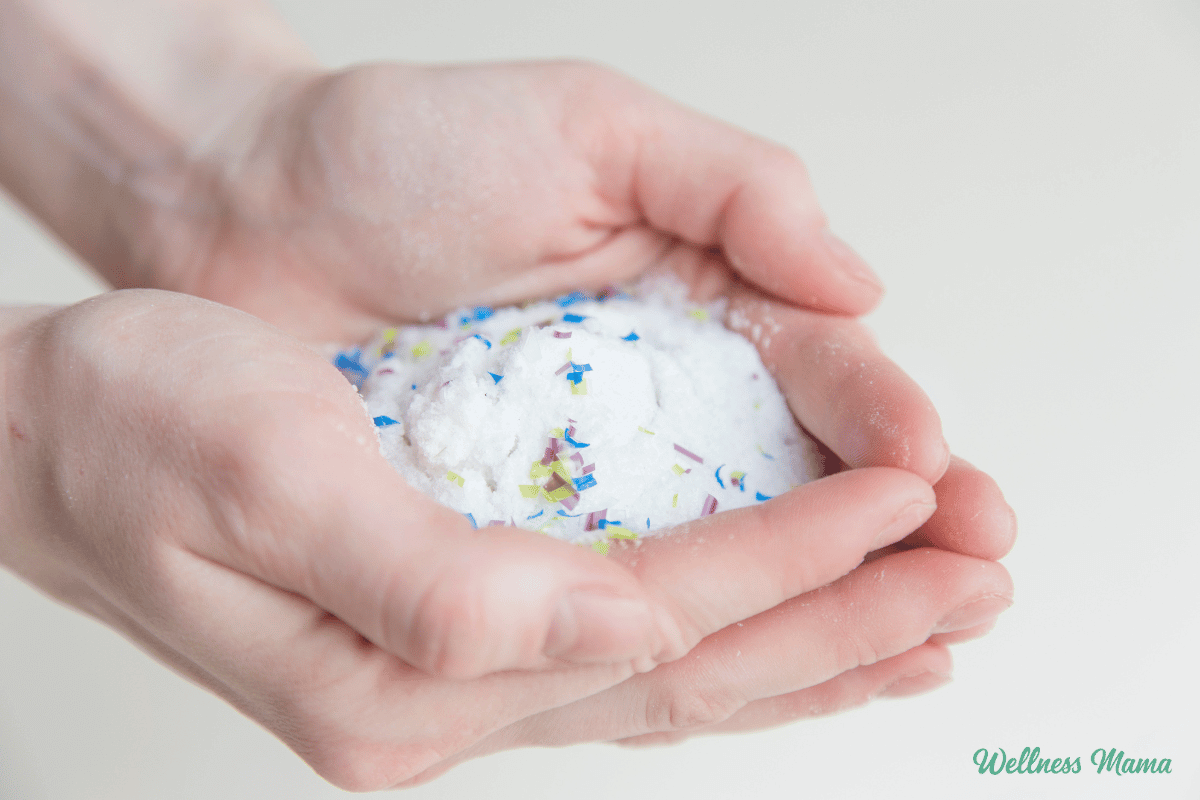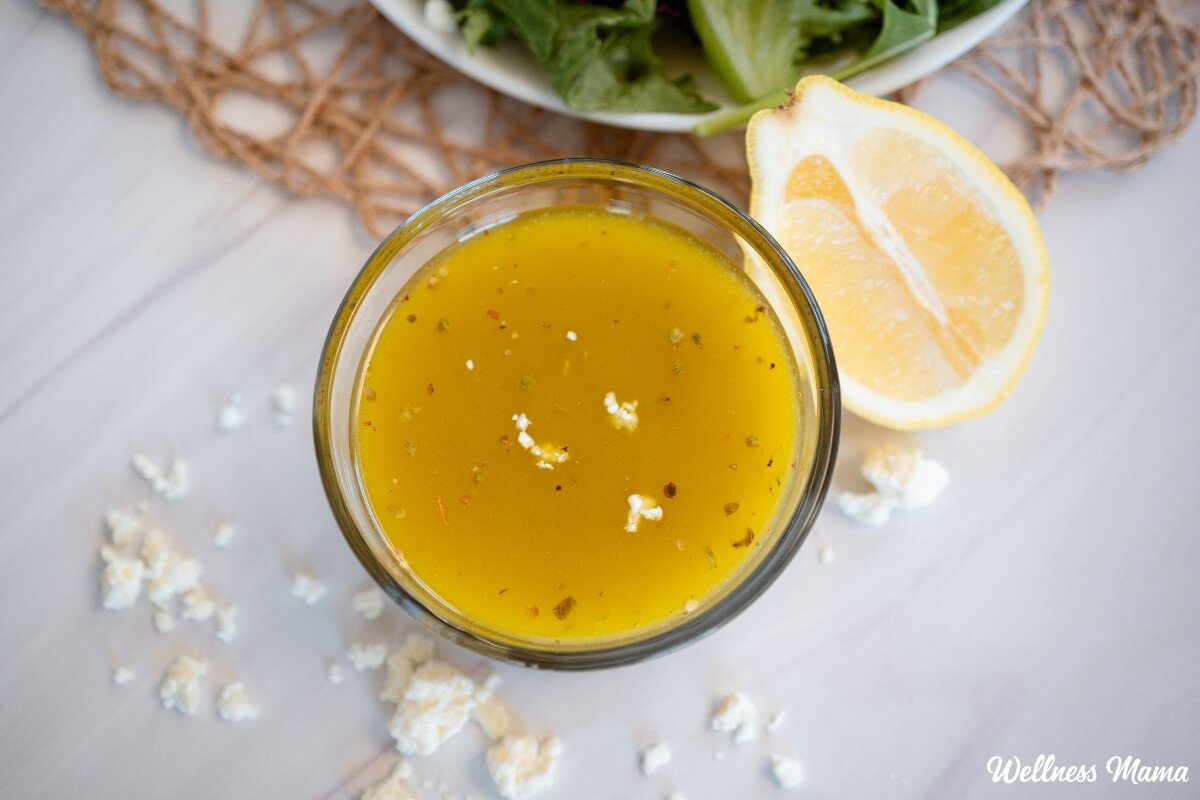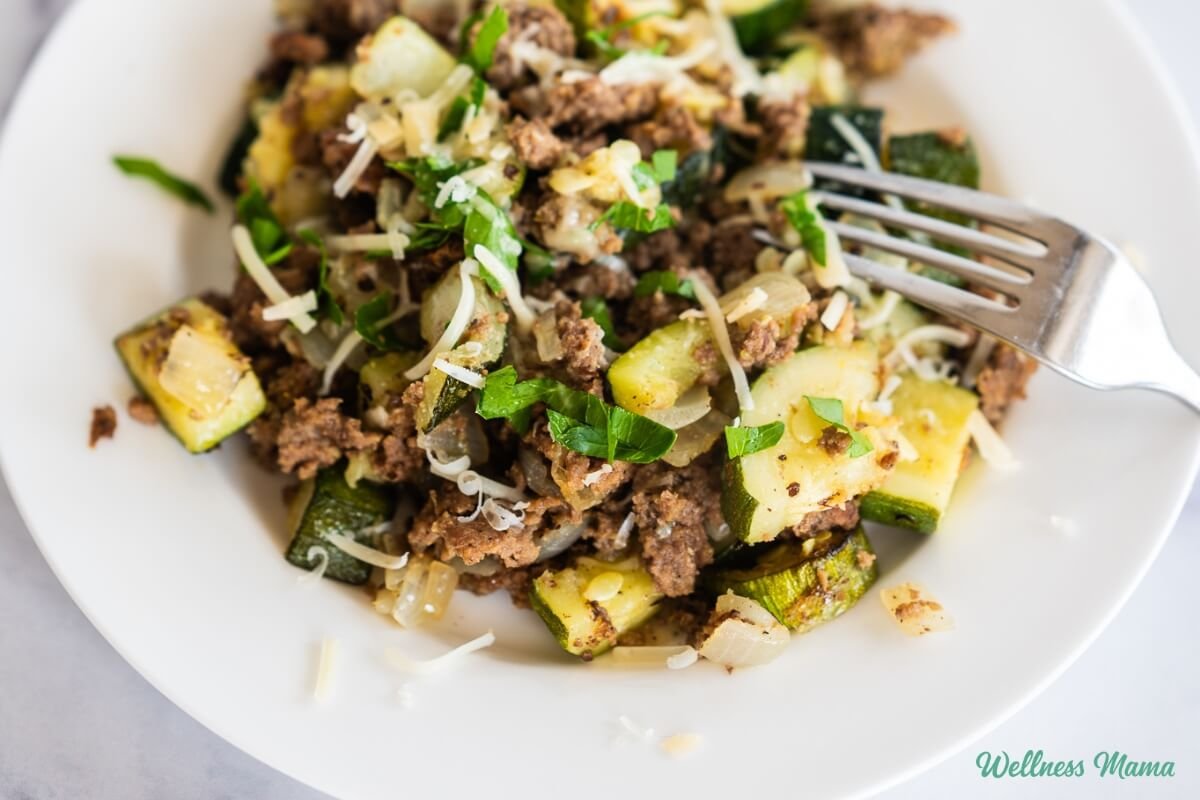Have you ever rushed through your morning routine only to find that your car keys are nowhere to be found? Our capacity to store, recall, and learn new information is vital for day-to-day living. As we get older, we might notice some subtle changes. Thankfully, there are numerous strategies to maintain a strong memory as we age.
Some individuals retain a sharp memory and keen wit well into their 90s. This discussion explores various natural methods to enhance memory and brain health regardless of age.
Reasons for Memory Decline
Neurological and cognitive health indicate overall well-being. While often linked to older adults, memory issues can affect individuals of all ages.
One person, Jim Kwik, serves as a renowned coach for memory and brain performance. He experienced a childhood head injury that led to challenges with focusing, learning, and remembering information, which motivated him to explore brain improvement strategies.
Head injuries are one cause of cognitive decline, but they are not the only ones. Other possibilities include:
- Brain infections
- Tumors
- Strokes
- Toxins
- Oxygen deprivation
- Nutrient deficiencies
- Certain medications
- Gut imbalance
- Quality of sleep
- Stress and trauma
Inflammation in the gut can lead to inflammation in the brain, and chronic brain inflammation may result in memory loss and cognitive issues.
Signs of Memory Decline
Memory decline presents itself in various ways. Common symptoms can include:
- Forgetfulness
- Difficulty learning new things
- Repeating questions or statements
- Losing items
- Poor judgment
- Trouble solving problems
- Confusion about places or time
- Difficulty recognizing faces
- Social withdrawal
- Changes in mood or personality
- Trouble finding words
- Struggling with familiar tasks
Persistent or worsening memory problems should be evaluated by a healthcare provider, as they could indicate conditions like mild cognitive impairment, Lyme disease, or Alzheimer’s. Healthy brain habits can play a significant role in avoiding neurodegeneration.
Promoting a Healthy Brain
Fostering healthy brain habits can support mental well-being and brain longevity. The hippocampus, the memory area of the brain, can regenerate new brain cells under suitable conditions.
Steps that may benefit the brain over time include:
Limit Sugar and Processed Foods
Diets with high sugar and processed foods may negatively impact cognitive function, particularly memory. High sugar consumption can shrink the brain, notably affecting the hippocampus responsible for short-term memory.
A 2017 study noted that higher sugar intake was linked to lower brain volume in those in the early stages of Alzheimer’s.
Processed foods and sugar can lead to chronic inflammation, insulin resistance, oxidative stress, and obesity, which is a risk factor for mild cognitive impairment (MCI).
Ensure Adequate Sleep
Quality sleep is key for cognitive functions and memory integration. Aiming for 7-9 hours of quality sleep each night can prevent long-term weakening of memory. As a busy mom, I aim for at least 9 hours nightly.
Review Medication Side Effects
Certain medications may contribute to memory loss. Drugs such as anticholinergics (for bladder or Parkinson’s), seizure medications, and sedatives have been associated with memory issues. The memory may improve once these medications are stopped.
Actively Manage Stress
Ongoing stress can lead to elevated blood pressure, tied to brain issues. Activities like meditation, deep breathing, or yoga can provide significant relief. Engaging in creative outlets like watercolor painting can be beneficial too.
Exercise Regularly
Consistent physical activity is critical for brain health. Aerobic exercises boost blood flow to the brain and enhance hippocampus size, improving memory. Activities such as walking, running, swimming, or cycling may lower cognitive decline risks.
Seek Mental Engagement
Continuing to challenge yourself lowers dementia risks. Engaging in volunteering or activities that challenge the brain, like puzzles, games, or learning a new skill, can support neuroplasticity or brain "rewiring."
Memory Techniques
There are several techniques to enhance memory, including:
- Chunking: A memorization method breaking information into smaller parts or “chunks,” used often for phone numbers or lists.
- Mnemonic devices: Techniques associating information with patterns or acronyms, such as "ROY G. BIV" for rainbow colors.
- Crossword puzzles: Challenges working memory, which handles short-term data manipulation.
- Avoid Overuse of GPS: Relying on GPS for navigation has been found to shrink the hippocampus, linked to declining memory function.
Maintain Social Connections
Friendships and social ties are crucial. Loneliness is correlated with higher dementia risks, while regular social interaction is linked to better cognitive and mental health. Maintain connections with family and friends for emotional wellness.
Limit Alcohol Consumption
Excessive alcohol can negatively impact the brain and even alter its structure, leading to cognitive decline. Limiting to one drink daily for women and two for men is advisable to lower dementia risks.
Adopting these habits can have a notable effect on overall brain health.
Foods to Enhance Memory
Nutrition is key! A healthy gut minimizes brain inflammation. Focus on your microbiome with these foods that support memory:
Rich in Omega-3 Fish
Fish such as salmon and sardines are rich in omega-3, crucial for brain health and memory. A 2023 study indicated that omega-3s slowed cognitive decline.
Researchers advised those with early memory concerns to increase omega-3-rich foods. My top choices are salmon and sardines!
Eggs
Containing B vitamins, folate, and choline, eggs support brain health and memory. A 2023 Japanese study linked choline from egg yolks to memory improvements among older adults. If allergic to chicken eggs, consider duck eggs.
Blueberries
Rich in antioxidants, blueberries help improve communication between brain cells and memory. A 2011 study discovered that wild blueberry juice enhanced memory in older adults.
Lion’s Mane Mushroom
This edible mushroom has been studied for cognitive advantages, especially in memory and brain function. A 2009 study found mild cognitive impairment improved with Lion’s Mane after four weeks.
Green Tea
Swapping some coffee for green tea can aid memory preservation. The combination of caffeine and L-theanine in green tea may boost brain function and alertness.
A review of 21 studies highlighted green tea’s benefits on cognition and brain function, particularly working memory.
Nuts
Nuts such as walnuts and almonds are nutrient-dense for brain health, providing omega-3s, antioxidants, and vitamin E. Tree nuts can reduce inflammation and support new brain cell growth.
Dark Chocolate
A delightful treat, dark chocolate offers flavonoids, caffeine, and antioxidants, which may boost memory, focus, and mood. It increases nerve growth factor (NGF) in the brain, aiding cognitive performance.
No single food can dramatically improve memory, but incorporating these options within a healthy diet and lifestyle makes a substantial impact.
Supplements to Enhance Memory
Supplements can offer essential nutrients our brains require. Natural Stacks provides products like nootropics for a sharper memory. Additional options include:
Fish Oil
Omega-3s EPA and DHA are integral for brain structure and function, and fish oil supplements can be beneficial.
Bacopa Monnieri
In traditional Ayurvedic medicine, this herb is known for brain-boosting, memory-enhancing effects. Studies suggest cognitive benefits, including word recall.
Ginkgo Biloba
An herb long used for memory enhancement, studies indicate it can bolster blood flow and provide antioxidant benefits, particularly supporting those with dementia.
Curcumin (Turmeric)
Curcumin, found in turmeric, is associated with improved memory and brain health due to its anti-inflammatory effects. A 2018 trial noticed memory improvement with curcumin use.
Resveratrol
Found in red wine and certain berries, resveratrol possesses antioxidant properties that may support memory improvement. A 2017 trial found resveratrol reduced brain inflammation.
Vitamin B12
Deficiencies in this vitamin are associated with cognitive decline. Sufficient intake is vital for brain health, with sources like clams, liver, and beef.
Final Thoughts on Memory Improvement
Memory decline is not inevitable with age. Adopt strong brain habits early. Regardless of age, begin a brain-healthy diet, stay active mentally and physically, and explore new experiences.
Consistent use of the mind encourages a richer, more meaningful life. How is your memory? Do you take specific measures to keep it sharp or use nootropics? Share your thoughts below!

















Leave a Reply